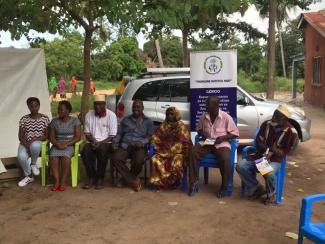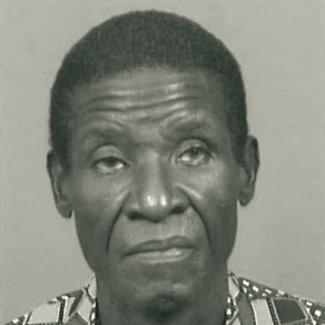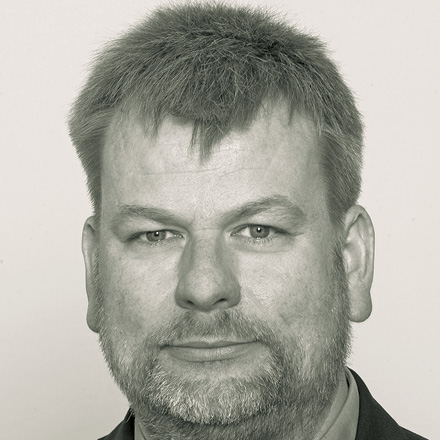Bribes
Civic competence contains corruption
 Maria Kayombo
Maria Kayombo
Corruption is part of everyday life for Tanzanians. Local government staff take bribes for various services, including the issuing of licenses, awarding tenders to private companies or allocating market stalls. In the health sector, staff sell medicines stolen from government hospitals or expired drugs. Moreover, patients must pay bribes in order to get medicines and see doctors.
Court clerks demand bribes to get cases started or to slow them down. Magistrates take bribes and then give soft sentences, reduce penalties, withdraw charges or release arrested persons on bail. In the education sector, teachers take bribes for letting students pass exams and even to enrol children in school. On the other hand, they pay bribes to get promoted or to be transferred to a more comfortable place. Corruption not only thwarts good governance, it also poses a threat to peace, national cohesion, equal opportunities and even security. Tanzania’s Prevention and Combating of Corruption Act defines corruption as “abuse of power for private gain”. It can be classified as grand or petty, depending on the amounts of money lost and the sector where it occurs.
Grand corruption affects government procurement, privatisation processes, election finance, taxation and customs clearance. By contrast, petty corruption flourishes in all lower ranks of society. In the annual reports of Tanzania’s Prevention and Combating of Corruption Bureau (PCCB), which was established by the parliament, local authorities always top the list of corrupt public institutions. Sosthenes Kibwego, who heads the PCCB Regional Bureau in Dodoma, reports that in his region, in the second half of 2017, 149 corruption cases were found to have involved civil servants, and “73 cases involved local-government staff”.
President John Magufuli has launched a campaign against grand corruption. A special court has been established to handle the matter, corrupt officials have been fired and the president is working to instil a general sense of discipline in the public service.
Corruption in rural municipalities
Rural communities suffer most from corruption. Owing to poor education and long-time marginalisation, many rural people are accustomed to unfair treatment by local public officials. Out of fear, they remain loyal and submissive to those in authority. The only way they know how to get things done is through bribery. Petty corruption is part of everyday life. Fears are growing that the anti-corruption efforts will end when the president steps down. International organisations are supporting anti-corruption projects, for instance, the Konrad Adenauer Stiftung (KAS) – a German foundation with close ties to the ruling Christian Democrats.
The European Union and the KAS Tanzania office are implementing a project worth 2.5 billion Tanzanian shilling (the equivalent of € 950,000) to empower grassroots structures for fighting local corruption. The project is named “United for Our Rights”.
Partner in this effort are two Tanzanian non-governmental organisations, the Civic Education Teachers Association (CETA) and Actions for Democracy and Local Governance (ADLG). The project is being carried out in seven regions of Tanzania with a combined population of 11 million, which is about 25 % of Tanzania’s population.
By supporting the local communities, “we can achieve our goals of more accountability, more transparency and less corruption”, says Daniel El-Noshokaty, the KAS country resident director. Project manager Maria Kayombo points out that the project aims to “empower villagers in the localities to better understand their rights and how to address corruption and governance issues.”
This project is geared to strengthen civil-society organisations including community radios. According to Kayombo, radios can “facilitate dialogue between communities and local authorities in order to lessen corruption in their localities.” Community radio allows local people not only to learn about current affairs and to share information, but also to raise their voice. The aim is to empower citizens so that they can drive social change.
Villagers’ rights
Kalole in Kisarawe, a backward district outside Dar es Salaam, is one of the villages where this project is being implemented. At a public meeting there, inhabitants complained about “lack of transparency in the management of local affairs and public service providers.” As an example, they pointed to their village pharma dispensary. Until recently, Kalole villagers were not even aware that, according to Tanzania’s health policy, dispensaries must display all necessary information concerning available medicines on their notice boards. That made corruption easy: uninformed patients were forced to pay, even for drugs which were supposed to be given for free.
Thanks to the project, the citizens are getting to know more about their rights. Ramadhani Ngakonda, Kalole’s village chairman, says that “village meetings are geared to generate a healthy dialogue” on matters pertaining to all forms of corruption, transparency, accountability and service delivery. Shaibu Lipwata is one of Kalole’s village leaders who have attended trainings on good governance. He describes corruption as a “disease” hindering development: “We have to voice our demands for accountability and transparency.”
Lawrence Kilimwiko is a journalist, author and communication consultant. He lives in Dar es Salaam, Tanzania.
lkilimwiko@yahoo.com


